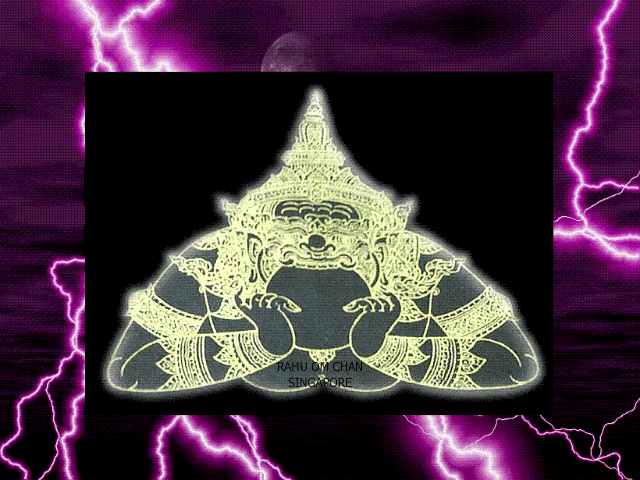The Paramitas, or perfections, are the skills for living that lead to freedom and happiness. Cultivating them is fundamental to practice. Each paramita is demonstrated by the Buddha in one of his past lives, which are retold in tales known as the Jatakas.
In the Theravada Tradition -
The First Paramita ~Dana in Pali, the paramita of giving, applies to both material and non-material things: service of all kinds, helping others, teaching the Dharma and most importantly, always giving ourselves wholeheartedly to what we are doing right now.
The Second Paramita~Sila (morality) means behaving well at all times, living according to ethical rules or precepts, restraint of the senses and passions, good manners, self discipline, courtesy, consideration and politeness. Sila is also used as a general term for the daily practice of sustained awareness and mindful actions.
The Third Paramita~The Buddha himself admitted that before he was enlightened his heart did not delight in the thought of giving up worldly pleasures. Eventually he realized it was because he had not yet experienced life without them. The practice of renunciation (nekkhama) reduces the pull that sensual experience has on us, leading to relief, freedom and genuine joy.
The Fourth Paramita~The paramita of wisdom ( panna in Pali) means seeing the true nature of things, no longer contaminated by personal bias. With wisdom we can then live in accordance with things as they are, and realize inner peace and the truth.
The Fifth Paramita~Energy (Viriya) encourages us to abandon laziness and procrastination. Fear of not getting what we want can make us unwilling to wholeheartedly give ourselves to life's challenges. Viriya counterects this fearful " I won't" and transforms the heart.
The Sixth Paramita~Patience (Khanti) is considered the means for overcoming anger, ill-will and hatred, maintaining inner peace and tranquillity, and tolerating the intolerable. Patience is one of the most written-about practices in all Buddhism: it calms the passions and, in doing so, diminishes our illusory sense of "I", "me" and "mine" and makes us flexible, tolerant and warm.
The Seventh Paramita~Truthfulness (Sacca) means both honesty with other people and truthfulness with oneself - being honest about what our hearts really long for and courageously pursuing this with the whole of ourselves. if we practise inconsistently, or simply because we desire praise, it will never produce real result.
The Eighth Paramita~To attain any goal we need determination. Resolution (adhitthana) is sometimes called the four determinations: for discernment, for truth, for relinquishment and for calm. This paramita is also concerned with perseverance, the commitment to keep going forward in order to reach freedom and happiness.
The Ninth Paramita~Loving kindness (metta) means "good will" in all our action. If in all circumstances we behave with our hearts uncomplicated by our own desires, sedning out good wishes and love to all being, our actions will be kind and helpful in the deepest sense.
The Tenth Paramita~Equanimity (upekkha) is not at all the same as indifference. it refers to imperturbability, ans is one of the divine states, or brahma viharas. It is also considered to be one of the step toward enlightenment. It is only when the "I" is truly vanquished that there is no fear, and all action then arises from that state of equanimity, fully aware and fully present and thus completely in keeping with the situation.
Meditation~Translated as dhyana in Sanskrit or jhaha in Pali, meditation is a paramita of the Mahayana (Northern) tradition. Meditation simply means to cultivate and develop calm and peaceful awareness, concentration and insight. Eventually, sincere and dedicated practice can lead to the ultimate goal of enlightenment.
Subscribe to:
Post Comments (Atom)


No comments:
Post a Comment